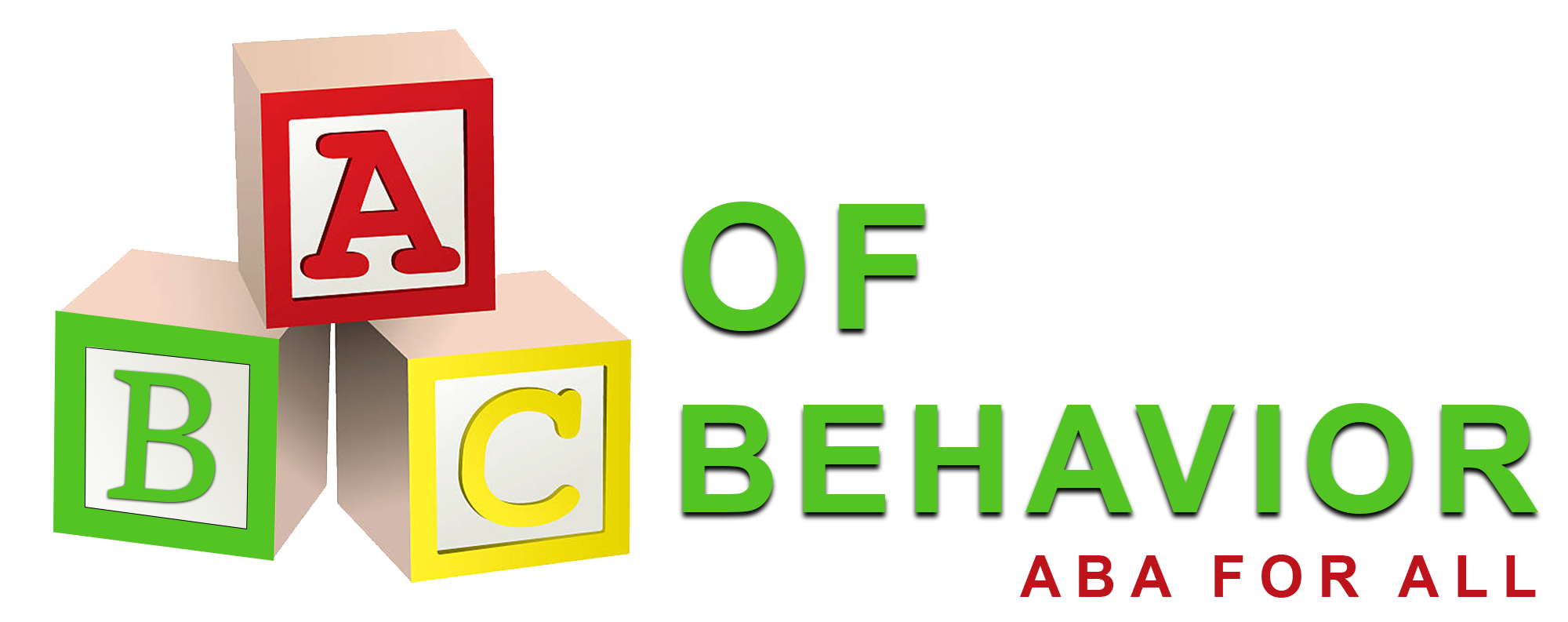
About Course
About Applied Behavior Analysis Technician (ABAT®) Certification
The ABAT implements daily instruction and behavior intervention plans as designed by a master’s level or above professional who is licensed or certified within the scope of applied behavior analysis (ABA) and autism spectrum disorders (ASD).
The ABAT credential holder must complete approved coursework and meet the required hours of supervised fieldwork. ABATs have a foundational knowledge of ABA and ASD to protect their safety and welfare.
Target Audience:
Individuals who are high school graduates, have completed 40 hours of training, and 15 hours of fieldwork. ABATs are individuals who are interested in working with children special educational needs.
Eligibility Requirements:
- Possessing a high school degree and/or higher.
- Completing 40 hours of approved ABA, ethics, autism coursework.
- Conducting 15 hours of supervised fieldwork.
- Passing the board exam proctored by Examity platform.
- Renewing required every two years including verification of the completion of 12 continuing education units, criminal background check, and agreement to the code of ethics.
Contact us:
00966547221714
Course Content
Unit One: Autism Core Knowledge
-
1. ASD, common characteristics and deficits
-
2. Autism as a spectrum disorder and its core deficits as outlined in the DSM-V
-
3. ‘Red flags’ used in early diagnosis
-
4. Risk factors to autism spectrum disorders
-
5. Terminology associated with diagnosis, such as pragmatic language, receptive and expressive language, sensory-motor, social skills, joint attention, stereotypy
-
6. How and when disorders are commonly associated in differential diagnosis, such as learning disabilities, processing disorders, etc.
-
7. Identify co-morbid disorders associated with ASD
Unit Two: Legal, Ethical, and Professional Considerations
Unit Three: Core Principles of ABA
Unit Four: Antecedent Interventions
Unit Five: Skill Acquisition Programming
Unit Six: Behavior Reduction Interventions
Unit Seven: Data Collection and Analysis
Student Ratings & Reviews

